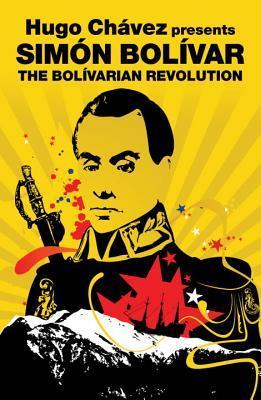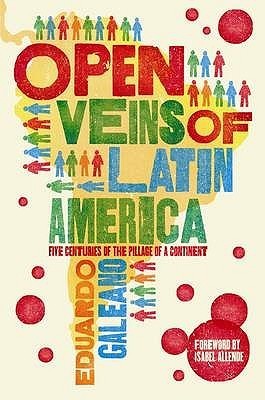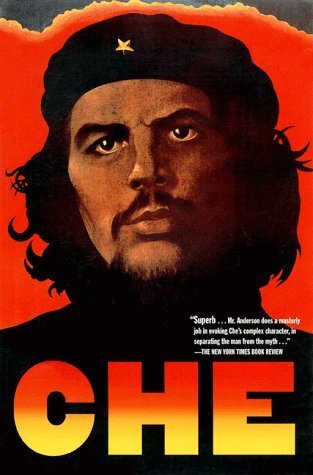
Simón Bolívar: The Bolivarian Revolution
Book Description
A continent on the brink of revolution pulses with the fiery spirit of independence. Simón Bolívar, a visionary leader, emerges from the shadows of colonial oppression, wielding ideas as transformative as weapons. His relentless pursuit of freedom ignites armies and inspires nations, battling not just for a land—but for the very soul of a people. With strategic brilliance and personal sacrifices, Bolívar navigates treachery, alliances, and the scars of betrayal. Will he unite a fractured world, or will ambition lead to chaos? Experience the relentless quest for liberty and the bold dream of a new nation. What legacy will the liberator leave behind?
Quick Book Summary
"Simón Bolívar: The Bolivarian Revolution" is a compelling account of the life and ideas of Simón Bolívar, the legendary liberator of South America. The work explores Bolívar’s vision of freedom from colonial rule, his transformative role in uniting disparate regions, and his innovative yet contentious political philosophy. Bolívar’s personal sacrifices and military genius are set against a backdrop of betrayal, political intrigue, and relentless struggle. Through his proclamations, speeches, and correspondence, Bolívar articulates a vision for a new societal order based on liberty, civic virtue, and unity. As he wields both sword and pen, Bolívar’s enduring legacy shapes the destiny of nations and inspires future generations to continue the pursuit of justice and independence.
Summary of Key Ideas
Table of Contents
The Struggle for Independence and Liberty
Bolívar’s fight for independence was born of the severe injustices inflicted by colonial Spain upon South America’s diverse populations. The book presents Bolívar at the vanguard of a movement galvanized by Enlightenment ideas—liberty, equality, and self-determination. He channels local discontent into an organized resistance, commanding armies across treacherous terrain and forging alliances among disparate groups, including creoles, indigenous peoples, and the formerly enslaved. Bolívar’s correspondence reveals both the fervor of his convictions and the daunting obstacles he confronts, from broken pacts to foreign intervention.
Forging a Unified Vision for South America
Uniting the fractious regions into a cohesive vision is a central challenge. Bolívar understands that only through shared purpose and solidarity can the continent hope to withstand both internal division and external threats. He proposes the creation of a grand republic, Gran Colombia, as the embodiment of this unity. Bolívar’s dream reaches beyond military conquest to a lasting federation that respects cultural diversity while maintaining political cohesion. His appeals to brotherhood and mutual respect resonate, but regional loyalties and entrenched elites threaten the viability of his vision.
Leadership, Sacrifice, and the Burden of Authority
Bolívar’s leadership is marked by personal sacrifice and immense resolve. He endures betrayal by allies, civil conflict, and repeated attempts on his life, never wavering in his commitment to liberation. The weight of authority is a constant burden; he is at once celebrated as El Libertador and censured as a potential dictator. The narrative highlights Bolívar’s struggle to balance individual freedoms with the necessities of state-building. His willingness to abdicate power contrasts with accusations of autocracy, illustrating the paradoxes inherent in his role.
Political Philosophy and the Challenge of Governance
A philosopher as well as a general, Bolívar advances bold ideas about governance and social order. From his famous Jamaica Letter to his speeches before Congress, Bolívar addresses the importance of education, civic virtue, and just laws. He argues that self-rule requires both courage and restraint, warning against tyranny and the dangers of factionalism. Bolívar grapples with the limitations of his proposed institutions and the complex realities of newly independent societies, emphasizing the need for pragmatic solutions alongside lofty ideals.
Legacy and the Unfinished Dream
Despite his achievements, Bolívar’s later years are marked by disillusionment and fragmentation. The continent remains divided by political rivalries, and his vision for unity is compromised by persistent localism. Yet, Bolívar’s legacy endures: he ignited a movement for independence and sowed the seeds of democratic revolutions far beyond his time. The book concludes by reflecting on the unfinished nature of his dreams—a call for future generations to learn from Bolívar’s triumphs and to strive for justice, unity, and freedom.
Download This Summary
Get a free PDF of this summary instantly — no email required.





